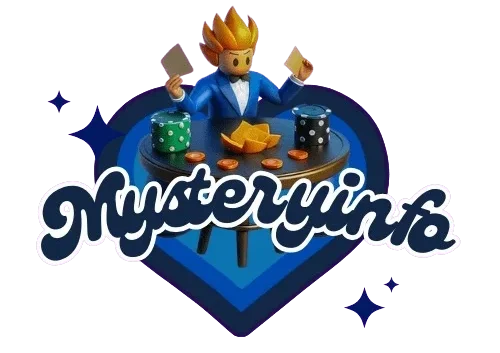Eras of Excellence: The Best Games of PlayStation and PSP
The original PlayStation marked the start of a new era in gaming, producing titles that defined mahadev book excellence. Final Fantasy VII is often cited as a turning point in role-playing history, combining deep storylines with cinematic presentation. Resident Evil brought survival horror into the mainstream, terrifying and thrilling players in equal measure. Meanwhile, Tekken 3 perfected the fighting genre with fluid combat and diverse characters. These PlayStation games are considered some of the best because they raised the bar for every genre they touched, cementing their place as cultural milestones.
The PlayStation 2 continued this era of excellence with a library so vast and diverse it remains unmatched. Grand Theft Auto: San Andreas became the ultimate open-world experience, Shadow of the Colossus offered a minimalist but deeply emotional journey, and God of War II elevated mythological storytelling into interactive cinema. These PlayStation games are remembered as some of the best because they embodied creativity and technical brilliance, influencing countless games that followed. Later consoles like the PS3 and PS4 continued this tradition with The Last of Us and Persona 5, which pushed narrative and design even further.
The PSP ensured that excellence wasn’t confined to home consoles. Crisis Core: Final Fantasy VII expanded an already legendary universe with one of the most moving stories ever told on handhelds. Monster Hunter Freedom Unite became a worldwide sensation, introducing millions to cooperative multiplayer adventures. Creative gems like Patapon proved that handheld systems could host experiences as innovative as any console release. These PSP games are considered some of the best because they showed handheld gaming could offer depth and ambition equal to home systems.
Together, PlayStation and PSP delivered eras of excellence across formats. The best games endure because they represent innovation, artistry, and unforgettable adventures that continue to inspire new generations.
